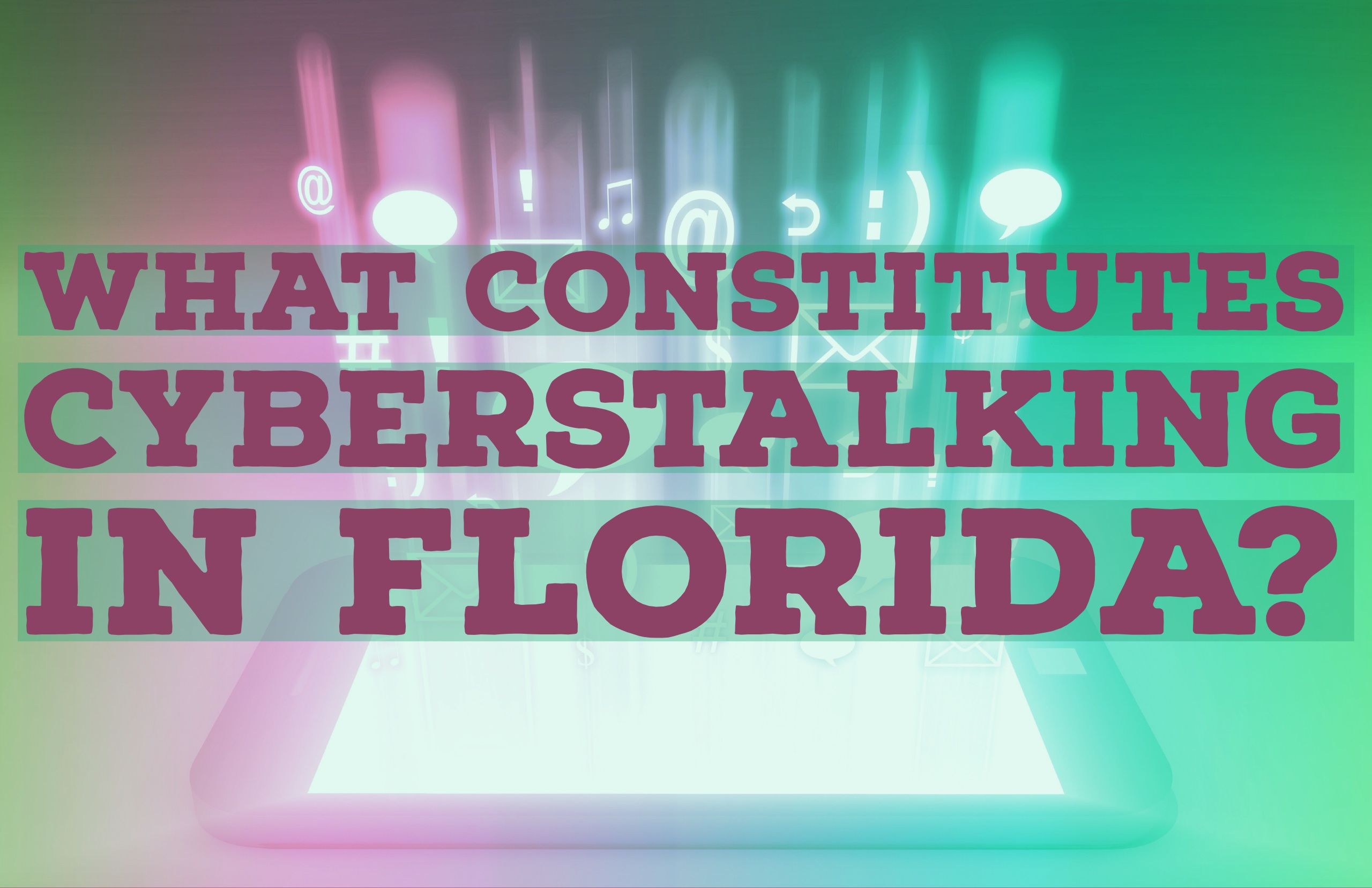More and more states are legalizing marijuana for medicinal purposes. Of course, some states are also legalizing marijuana for recreational purposes. It seems likely that marijuana will eventually become legal recreationally and medicinally everywhere, but it is going to be a long process. In the meantime, people with medical problems can get help from marijuana only in the states that allow it. Likewise, those people can only get a prescription or medical authorization for certain medical conditions. In other words, where medical marijuana is legal, it is not just a matter of going to any doctor and asking for a prescription. For instance, in Florida, a doctor has to successfully complete the required course and examination to be allowed to recommend marijuana to patients. Additionally, only certain medical conditions legally qualify as medical conditions for which medical marijuana can be used as a treatment.
In Florida, there are eleven qualifying conditions for which medical marijuana can be recommended by a doctor. These are all very serious medical conditions. There is also a catchall category if a person has a medical condition that is serious and the doctor thinks the use of marijuana will do more good than harm. This is somewhat of a ridiculous standard since marijuana does little, if any, harm while there are numerous medical conditions for which it can help. But, we are still a long way from even a basic, unbiased collective understanding of marijuana so laws are written this way for now.
States with medical marijuana laws have different rules, but they are generally similar in that there are restrictions covering who can recommend marijuana and for what it can be recommended. Fortunately, PTSD (post-traumatic stress disorder) is one of the medical conditions for which people can use medical marijuana in Florida. However, it is not properly recognized as a qualifying condition in all medical marijuana states.
 Jacksonville Criminal Lawyer Blog
Jacksonville Criminal Lawyer Blog








